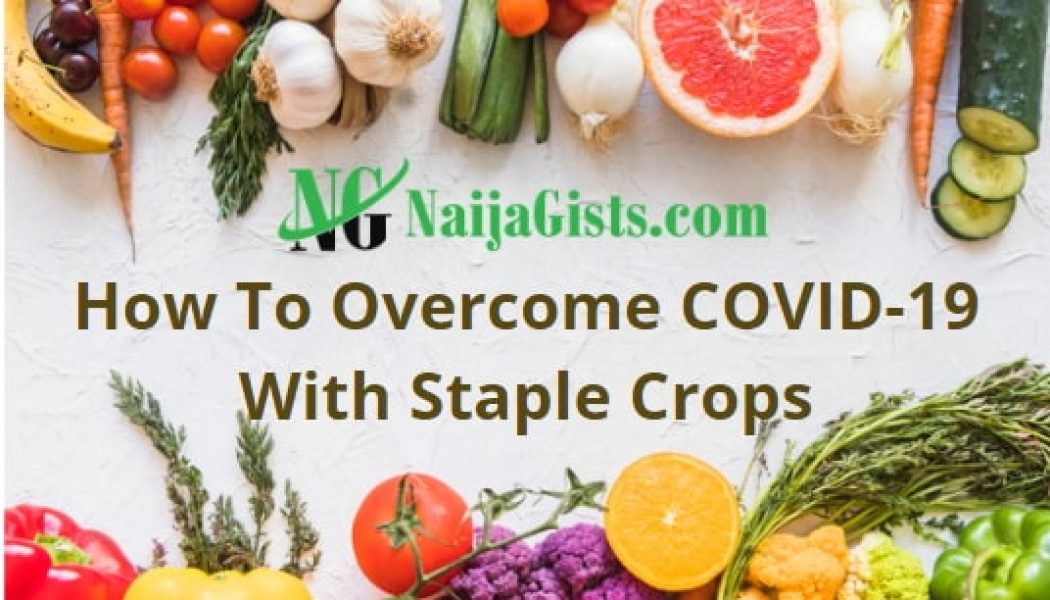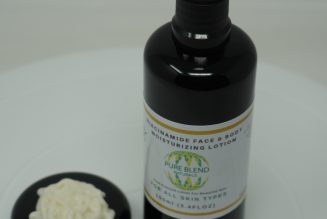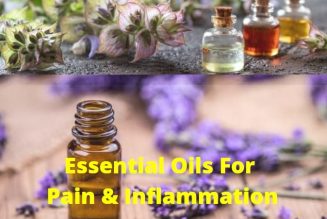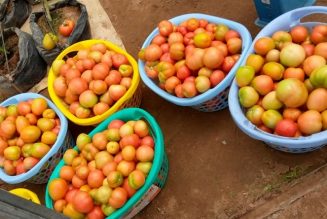How To Overcome COVID-19 With Healthy Staple Crops
By Samuel Oluwole Ogundele
Food is the unsung hero of radiant health which is yet to occupy a conspicuous space in the vocabularies of contemporary discourse in Nigeria.
There is need for some regular public enlightenment campaigns about foods and their health benefits. Food is a networked reality which cannot be neatly disentangled from agricultural productions, cultural flows/interconnections, everyday domesticity, spatiality and temporality.
Nobody can survive for long without food including of course, water. This is because the human body is a complex chemical, mechanical and electrical system that cannot function without food.
But closely related to this issue, is the fact that the types of food, techniques of processing, quantities taken at any given time and mealtime customs matter a great deal.
Nigerians like other members of the global community are going to reduce hospital visits and bills to the barest minimum in the face of healthy food.
Most people out of ignorance, use their mouths to dig graves for themselves. Longevity and/or ageing gracefully are/is in most cases inseparable from the kinds of food we habitually eat and how this is prepared.
Given the tentacular nature of food, a wide range of scholars in such fields as Human Nutrition, Agriculture, Anthropology, Food Technology, Archaeology, Botany, Chemistry, Microbiology and Medicine is interested in the subject (food).
The Nigerian government needs much more public enlightenment campaigns about healthy diets for the citizens as coronavirus ravages our land.
We don’t need to wait for certain foreign agencies like the World Health Organisation (WHO) to do our thinking for us.
Nigeria must set itself free from the bondage of inferiority complex as it learns to participate in the global economy in a critical fashion.
This country has numerous crops with robust health benefits, but unfortunately Western-educated Nigerians (with a few exceptions) continue to reject their plant heritage at their own peril.
These healthy staple crops include maize, beans, bananas, plantains, water yam, yellow yam, white yam, and cocoyam.
In addition, there are several plants/vegetables and fruits like onions, garlic, turmeric, cayenne pepper, pawpaw, African star apple, lime, grape fruit, ginger, lemon grass, basil (efinrin), fluted pumpkin (ugu) and bitter leaves.
Water yam and maize originated from Southeast Asia and the Americas respectively and began to spread during the prehistoric and historic periods to Nigeria.
Both crops among others were successfully incorporated into the Nigerian agricultural landscape. Maize prevents anaemia, regulates blood pressure, promotes good vision, boosts energy and prevents constipation. Beans prevent constipation and reduce the chances of heart-related diseases.
Staples from beans keep cholesterol levels within acceptable limits. Such food varieties as akara (bean cakes) and moin-moin serve a dual purpose – food and medicine.
The central ingredient for ikokore – a special delicacy that defines the Ijebu sub-ethnic identity in Yorubaland, is water yam.
Water yam has the capacity to fight or prevent diabetes. Aside from this, eating ikokore regularly makes one to age gracefully. Plantain and bananas are an energy booster.
Indeed, they can reduce poor sexual performance of men to the barest minimum. Plantain flour called amala agbagba or kelukelu is a nice staple for sufferers of diabetes.
Boiled garlic, turmeric, ginger, and onion mixed with honey and lemon or lime can be used to fight cough, bronchitis, asthma and high blood pressure.
This is also good for enhancing men’s sexual performance. Covid-19 cannot successfully wrestle to the ground, regular consumers of this mixture.
Why are Nigerians suffering in silence? A squeeze of bitter leaves with or without efinrin (basil) prevents or fights pile and invigorates a man.
There will soon be garden egg everywhere in the market, please eat it in a raw form or prepare it into a stew for boiled yam or bread. This reduces weight and makes a person healthier. Nigerians should also take lime or lemon solution regularly.
It is a deceit, to say that pot belly is a sign of affluence. Indeed, pot belly is a warning signal to a couple of health challenges which may be substantially redressed without any Western medication often with side effects.
Most Western-educated urban dwellers are still ashamed to eat cocoyam considered to be a staple food for the extremely poor people.
This is monumental ignorance! Cocoyam has been found to contain useful elements capable of managing diabetes among other health issues.
As far as most urban dwellers are concerned, taking a solution of lime or basil (efinrin among the Yoruba) twice a week is at variance with modern social standards. But such people are always eager to spend their scarce resources to purchase a lot of Chinese drugs called Tianshi products.
One of the dangers of colonial/neo-colonial education, is the inability to engage in creative thinking due to an absence of self-confidence and/or self-esteem. A culturally educated and healthy population is central to sustainable development in Nigeria.
Indeed, healthy food and food customs can substantially reduce the incidence of disease. The health indicators (even prior to the arrival of Covid-19) in the country today, are some of the worst in Africa.
With a population growth rate of 3.2 percent annually, it is estimated that Nigeria will be having 440 million humans by 2050.
Therefore, we need some thoroughgoing, regular public enlightenment campaigns as well as culture-loaded education to halt the country from going further into pieces as the clock ticks.
About the author: Professor Ogundele is of Dept. of Archaeology and Anthropology, University of Ibadan.











